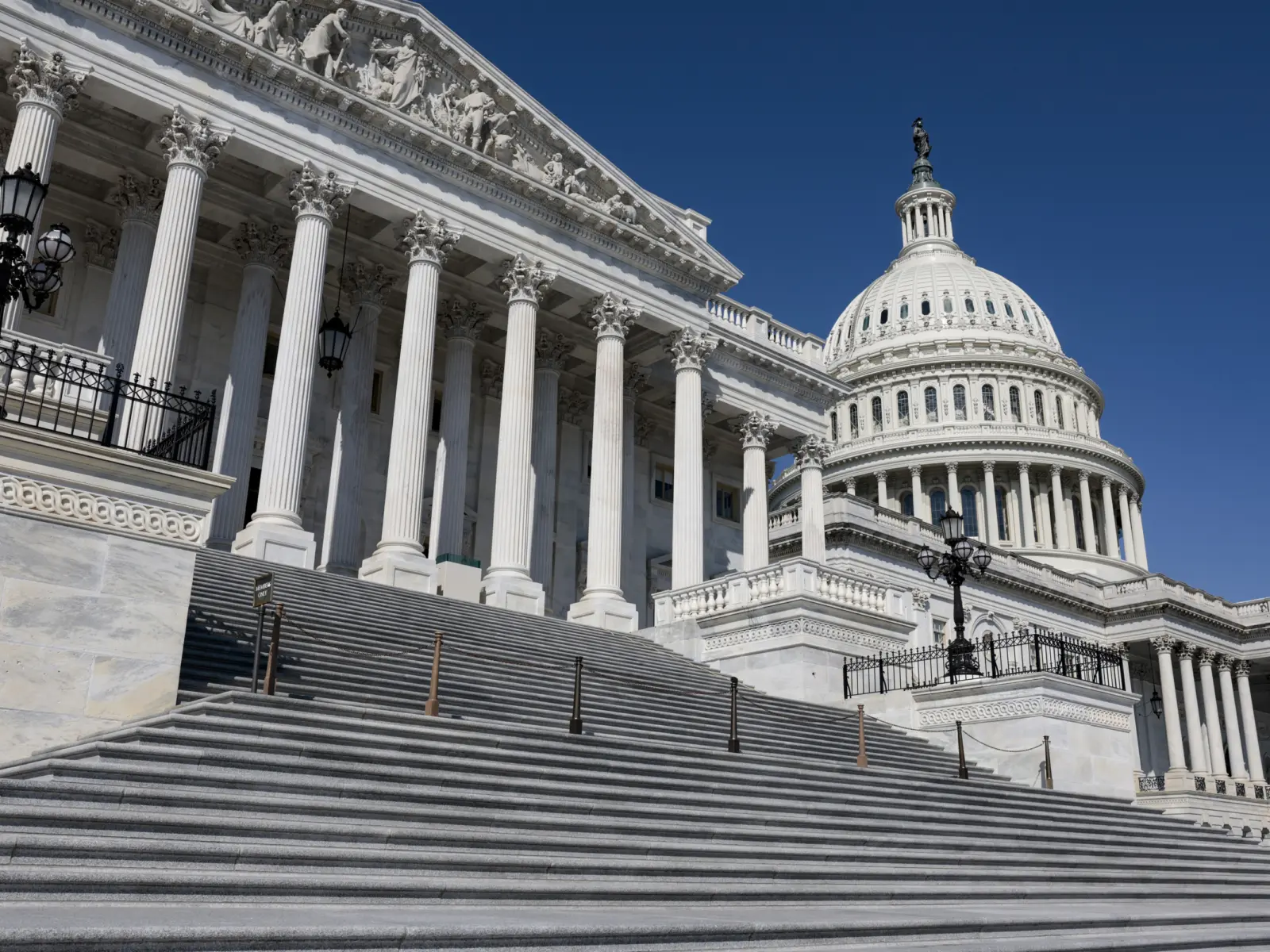The status quo fee-for-service (FFS) payment system, which pays physicians based on the number and types of services provided, fails to give physicians the flexibility and incentives to deliver personalized care essential for keeping patients healthy and too often results in unaffordable, low-quality care. In addition, current payments for specific services do not always reflect the true time and resources needed for clinicians to care for patients. Over time, the Medicare fee schedule, which determines FFS payment, has overvalued and therefore overpaid for certain specialty care, while undervaluing and underinvesting in primary care. As Congress considers reforms to Medicare physician payments more broadly, there is a need to rebalance payments between primary care and specialty care and change how we pay physicians to drive high-quality, patient-centered care and bolster the role of primary care.
The good news is that there are promising alternative payment models that avoid the challenges with FFS. Sens. Whitehouse (D- RI) and Cassidy (R‑LA) recently introduced the Pay PCPs Act, bipartisan legislation that aims to improve primary care payment by introducing a “hybrid” payment model. This new payment model would give physicians greater flexibility to deliver more personalized and team-based care. The legislation also aims to address the imbalance in payments between primary care and specialty care by creating a new technical advisory committee (TAC) to inform the Centers for Medicare & Medicaid Services (CMS) on the valuation of services in the Medicare physician fee schedule.
Following the introduction of their legislation Sens. Whitehouse and Cassidy released a Request for Information to solicit stakeholder feedback. Arnold Ventures responded in support of the proposals and with additional recommendations to Congress to further strengthen primary care as the foundation for a high-performing and more efficient healthcare system:
- Congress should make hybrid capitated payments the default payment model for primary care similar to the proposal in the Pay PCPs Act. In the hybrid model physicians would receive two kinds of payments: 1) a per-patient per-month population-based payment for a core set of services including care management and coordination, telehealth, and services that are high-volume and low cost, and 2) FFS payments for other services. Evidence suggests that 60 to 70% of payment for most primary care clinicians could be covered by the new population-based payment. Congress should stipulate a range for the population-based payment proportion and include a sufficient floor so that CMS can design and fine tune the payment structure. More broadly, Congress should create stronger incentives for physicians to move away from FFS and participate in population-based payment models.
- Establish an advisory body within CMS like the TAC proposed in the Pay PCPs Act to improve valuation of physician services in the Medicare fee schedule and address the imbalance that has led to overvaluation of specialty care and underinvestment in primary care. Creating an advisory body to provide advice to CMS on the valuation of services in the fee schedule is an initial first step to addressing this imbalance, improving valuation processes, and creating more independence and transparency in the way payments for physician services are determined.
- Require CMS to implement accurate and ongoing data collection so the agency has information to independently validate recommendations from the American Medical Association (AMA)/Specialty Society Relative Value Scale Update Committee (RUC), an expert panel with substantial influence on value determinations, the rate-setting process, and, subsequently, physician payment. CMS is heavily reliant on the RUC’s recommendations despite the distorted, imbalanced payments that the current process creates. At a minimum, Congress should direct CMS to improve transparency and better facilitate information around how the RUC reaches its valuation decisions.
Read our full set of recommendations here.













